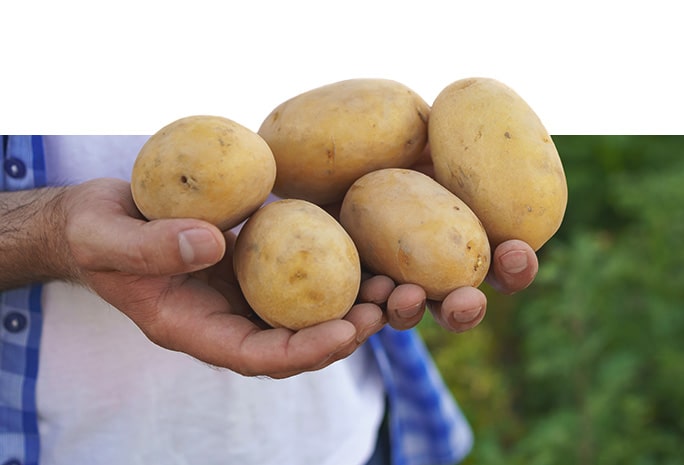
We develop projects in order to optimize both the yield and the health of the crops, as well as to ensure quality and avoid fraud.
The results obtained through the use of molecular techniques, such as PCR or sequencing, are fast, precise, highly reliable and cheaper every day, which is why there are more and more companies in the agricultural sector that use PCR techniques in their control of quality or to deal with the problems that arise in the productions. You are cutting-edge techniques, ad Furthermore, they can be used synergistically with more traditional analysis methods, such as biological cultures or chemical isotope analysis, increasing the robustness of the results and their subsequent analyses.
The stable isotopes corresponding to the light elements (hydrogen, carbon, nitrogen and oxygen) are characterized by presenting the greatest natural variations in their isotopic ratios. On many occasions, the analysis of these isotopic ratios by means of IRMS (Isotope Ratio Mass Spectrometry) opens the possibility of differentiating the particular composition of bioelements present in plant tissues in order to know their geographical origin.
We offer our clients the possibility of determining by means of molecular genetic techniques (sequencing and bioinformatic analysis) species and subspecies of pathogenic fungi and bacteria from various types of samples. Our analyzes are performed by conventional PCR, RT-PCR for RNA analysis (viruses, viroids), qPCR for quantitative analysis, and DNA sequencing.
Current molecular techniques allow very precise authentication of the species or subspecies to which an individual belongs. We determine in each case the taxonomic group in which it is genetically classified by analyzing specific highly conserved regions of its DNA, by means of PCR and sequencing, and then compare them with our own or global databases such as the NCBI.
Determinamos especies y subespecies en:
By studying molecular markers such as SSR or SNPs, it is possible to identify protected varieties and avoid varietal fraud, which is still common in many crops. The study of geographical origin and possible adulterants is also essential for the protection of PDO products, ensuring product control and avoiding fraud.
We have the most current methodologies for soil analysis carrying out soil biodiversity studies based on real-time quantitative PCR (qPCR) techniques.
We offer soil biodiversity analysis for feasibility studies of phytosanitary products or biofertilizers, through the absolute quantification of the most representative taxonomic groups of soil biodiversity and of various genes related to the activity and function of microorganisms. These analyses are based on the most relevant and recognized studies that can be found in the scientific literature.

Facing new challenges is what motivates me, finding a way to solve them is my motto. They are more than 15 years of experience in laboratory operations and research and development.
Implication and great capacity for resolution are essential qualities for research.